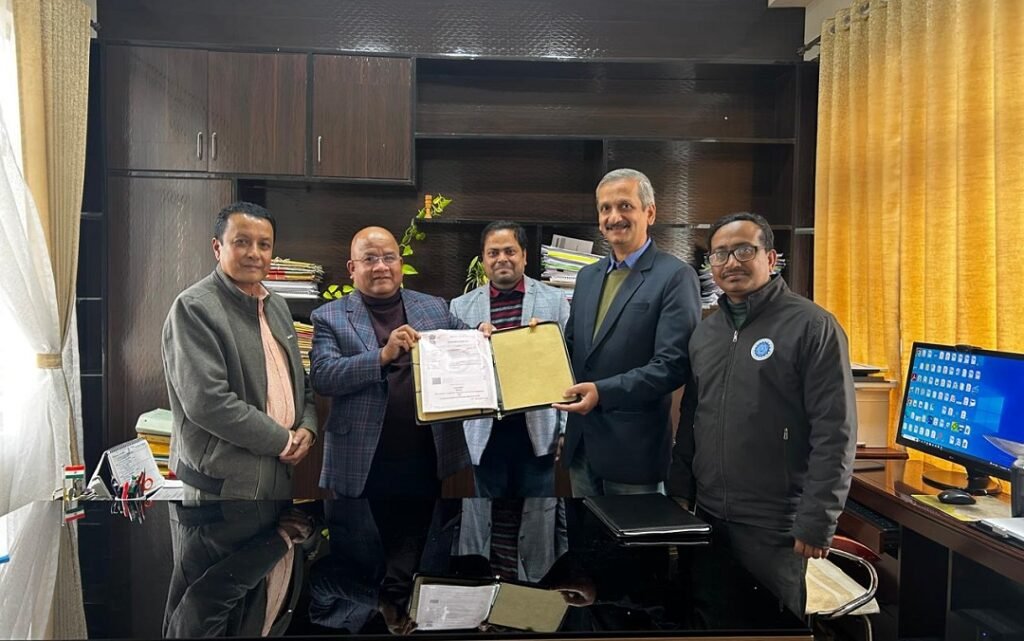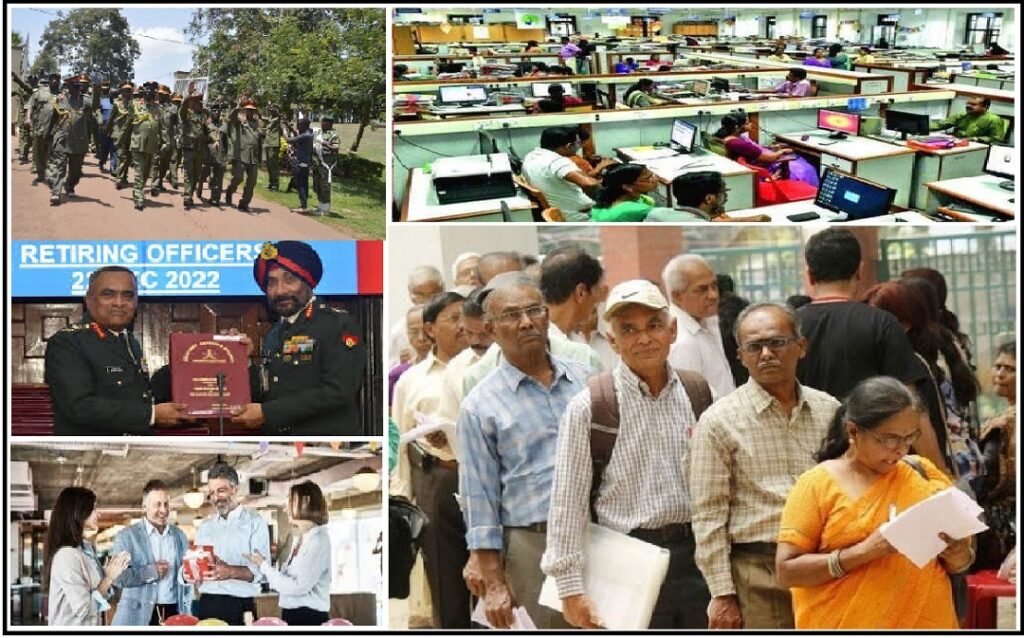The Hynniewtrep National Liberation Council (HNLC) has strongly criticized and rejected the Meghalaya government’s decision to extend the land lease period from 30 to 60 years. The group views this policy as a direct threat to the rights and sovereignty of the indigenous people, asserting that it facilitates the exploitation of ancestral lands by outsiders under the guise of development and investment.
The HNLC has accused the government of prioritizing external and corporate interests over protecting local heritage and resources. They have demanded an immediate reversal of the decision, warning that such policies undermine the cultural and historical connection of the indigenous communities to their land.
The letter passionately critiques the Meghalaya government’s decision to extend land lease periods from 30 to 60 years, highlighting concerns about its impact on the Hynniewtrep people’s heritage, identity, and resources. Below is a concise analysis of its key points:
- Lease Period Extension: The policy is viewed as a betrayal of Indigenous rights, favoring corporate interests over community welfare. The Hynniewtrep people’s connection to their land is deeply cultural and existential, making the lease extension a critical concern.
- Governance Criticism: The dominance of the finance portfolio by chief ministers from the Garo community is seen as exclusionary and a source of mistrust among the Khasi and Jaintia communities. The centralized approach is contrasted with states like Assam, where decentralization in governance has shown better outcomes.
- Economic Challenges: Corruption, unemployment, and a lack of development despite resource richness are attributed to mismanagement. The state’s reliance on outsiders and failure to prioritize self-sustaining initiatives aggravate socio-economic issues.
- Call to Action: The letter demands an immediate rejection of policies that undermine community interests, urging for community-driven development and inclusive governance that respects Indigenous aspirations.
- Personal Criticism of Leadership: Leaders like Paul Lyngdoh are criticized for failing to protect the interests of the Hynniewtrep people, with accusations of prioritizing outsider benefits over indigenous welfare.
- Warning Against Future Exploitation: The letter underscores a grim future if these policies continue, predicting cultural erosion, economic dependency, and the reduction of local people to menial roles.
The letter by Sainkupar Nongtraw General Secretary cum – Publicity Secretary (HNLC) and calls for urgent action to protect Hynniewtrep’s sovereignty and identity, emphasizing sustainable development and the empowerment of local communities.




